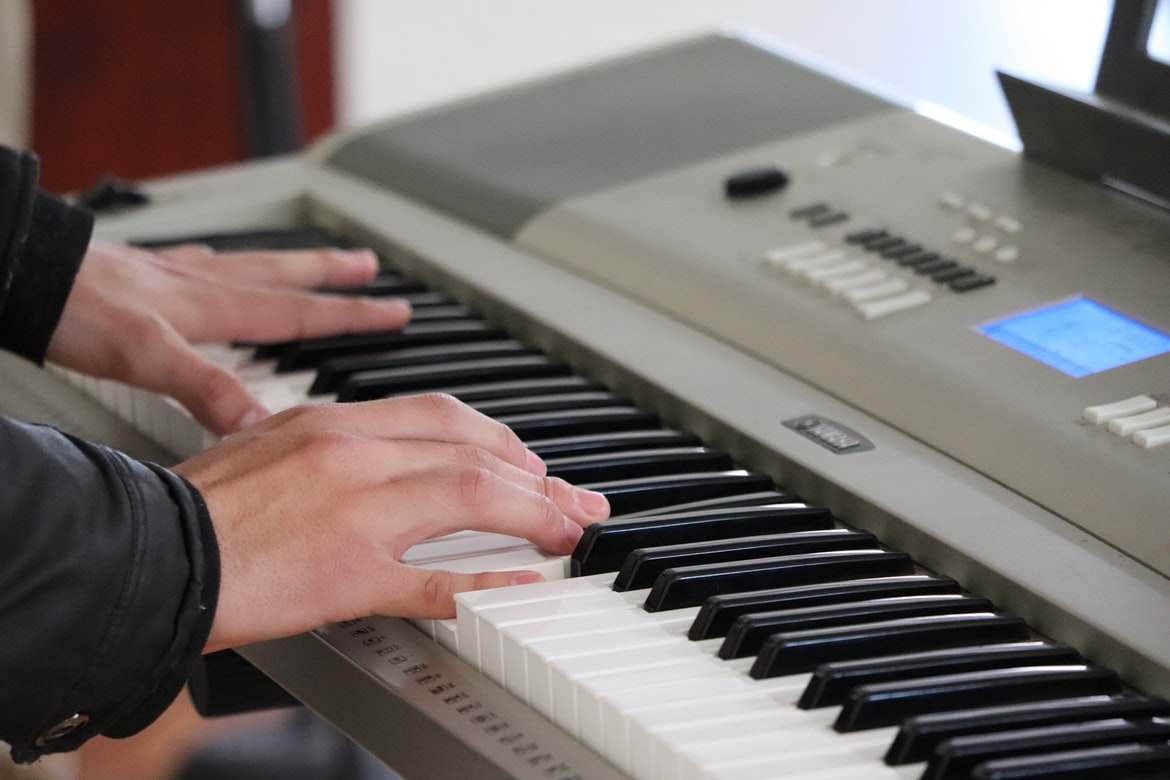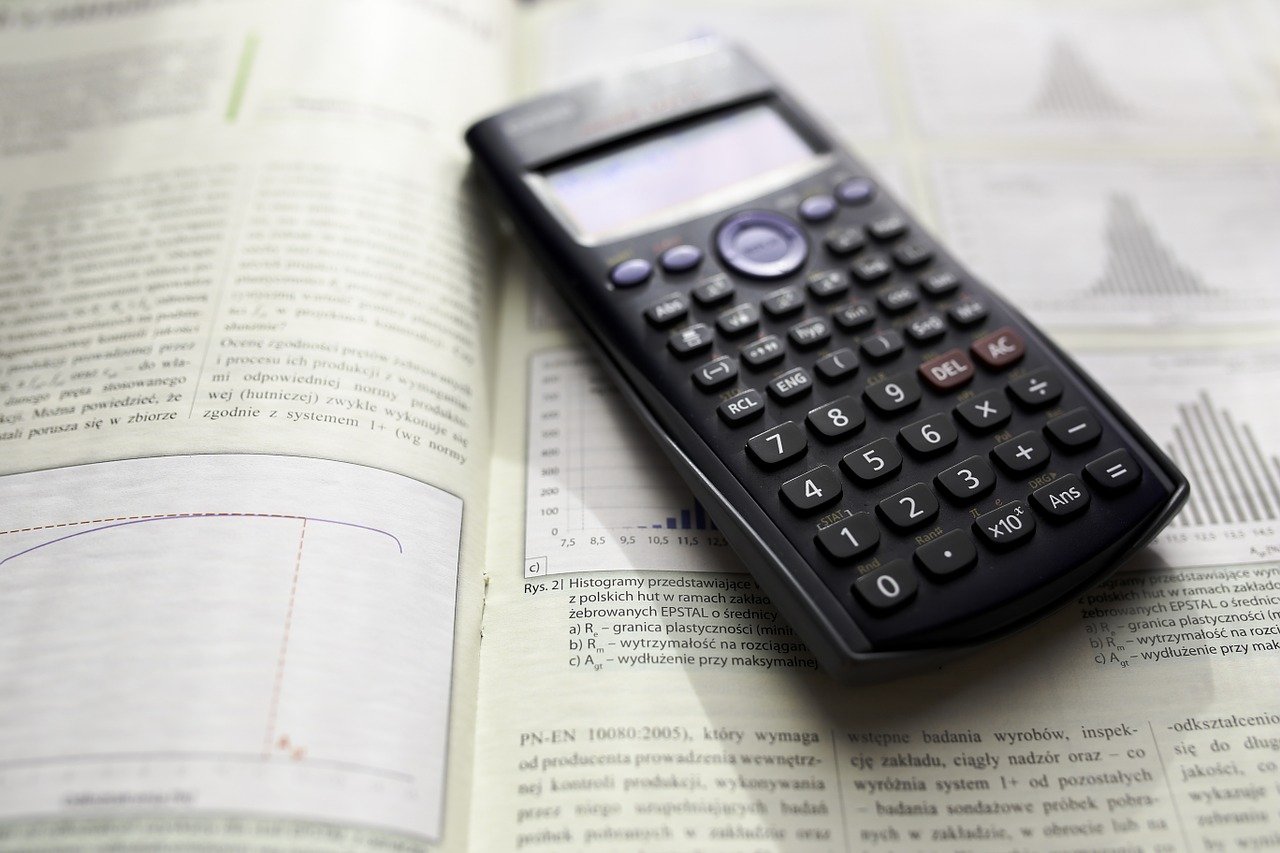Does learning piano help with math? We look at the intriguing ways that learning how to play the piano can help with a variety of different aspects of your life. Is math easier when you are getting used to playing the piano? Do these skills link in your brain in some way?
It makes sense. Math is definitely ingrained in virtually every part of life in some way, as is science, and this is definitely true of music and playing the piano. When you look at notation and see the numbers representing the time signatures, the fractions representing note lengths, and even the tempo of the song, this all relates to numbers and math.
There are numerous schools of thought on this, but generally speaking, people who are good at one may well be good at another. For this reason, a lot of people think that learning piano can be very helpful for math, and perhaps even vice versa.
The Mozart Effect – Does Learning Piano Help with Math?

The studies in question have suggested that people improve their “spatial-temporal reasoning” when they listen to complex classical compositions. This means an increased ability to visualize and solve mathematical problems.
The original study on the Mozart effect, by Rauscher, was a little bit controversial. There were some extreme improvements in the IQ scores in this particular study, and other studies failed to replicate the exact same results, but still found some improvement in the spatial-temporal reasoning.
This is an argument for learning piano helping with math based on just listening, but there are a lot of people who think that the main benefits come from learning to play.
In effect, you can potentially improve your math by having fun with music! Why not try out our academy, or encourage your kid to start these piano lessons to see if it can enhance their mathematical skills?
Are Musicians Good at Math?
It isn’t guaranteed, but numerous studies show that musicians tend to have a good understanding of mathematics. Lots of young musicians perform better in their mathematics studies.
Scientific American explains the link:
“Learning to play a musical instrument relies on understanding concepts, such as fractions and ratios, that are important for mathematical achievement”
Piano Can Be a Math Exercise
Does learning piano help with math? Well, it seems like common sense to say that it does, especially for the ultimate beginners out there. There are lots of benefits to playing piano when it comes to your brain.
Some of the very basics of knowing how to play the piano revolve around exercises that could be seen as mathematics.
For instance, time signatures. Learning to count in time with the music, whether 4/4 or 3/4. Once you get to complex time signatures such as 7/8, counting measures and keeping rhythm can be tough. When people in our academy are testing their knowledge of time signatures, they are effectively doing a math exercise.
It stands to reason that learning to do this can help your brain to focus on certain areas of maths, and better understand fractions, for instance.
Chords and scales can be turned into math exercises too. The intervals between notes in a chord or scale follow mathematical patterns. In fact, you can work out simple major and minor chords just by counting the space between notes on the keyboard.
The video below is 20 minutes long, from a Ted Talk on the relationship between music and math. If this is a subject that intrigues you, it is certainly worth watching. Marcus Miller’s instrumental abilities include playing guitar, saxophone, clarinet, keyboards, and more. It’s fair to say he knows his stuff.
Cause and Correlation – The Argument Against
Numerous studies have found that people who are good at math tend to be better at piano, and vice versa. Not many scientific or educational professionals would argue that there is no link at all. There almost definitely is. The argument is whether one can cause another.
That is to say that, the counter-argument is that people who are good at one just tend to be good at the other, too. One doesn’t necessarily cause the other. Instead, it is perfectly normal that someone has a brain that better understands both math and music.
This is a little bit like saying someone who is good at art will probably have nicer handwriting. Being good at one didn’t cause the other, but someone who is good at one is likely to also be good at the other as many of the same skills are being used.
Some people also just think that there is no link or relationship between the two. Knowing how to play a piece of music in 5/4 doesn’t necessarily make you better at understanding what that fraction mans. For some, playing in an odd time signature like this is just being able to count to five over and over again.
The Bottom Line: Does Piano Help With Math?
There are many different takes on this. Does learning piano help with math? It certainly makes sense that improving one skill can help greatly with the other. Numerous studies have backed up the thought that piano helps with math, whether that means better understanding ratios due to time signatures, or just boosting your brain’s neural connections to make you generally that bit sharper.
There’s certainly no harm in adding to your skillset by playing piano, and it is likely to help with math. There may not be guarantees, but most agree that this will have a positive impact.
FAQs
How is math used in piano?
As well as helping people to learn math, piano uses math in all sorts of different ways, from counting time signatures, to notation, and even sound and pitch are technically a form of math. Music and patterns go hand-in-hand, and this often includes math.
What type of music helps with math?
All types of music can help with math and increasing your cognitive abilities. Generally speaking, the more complex the music is, the better it will be for your brain, and this means that more complex songs are better. These are often found in the jazz and classical genres.
How does a piano connect to math?
Ask a mathematician and they will tell you that pretty much every aspect of life connects with math, but this definitely includes piano, which uses ratios to work out scales and notes, time signatures, and more. Math is used to work out notation as well as the mechanics of the piano itself.
Do musicians have a higher IQ?
It is thought that musicians do have a higher IQ, with some studies suggesting it may be up to 10% higher on average. Taking up an instrument, including piano, is a brilliant way to train your brain.










